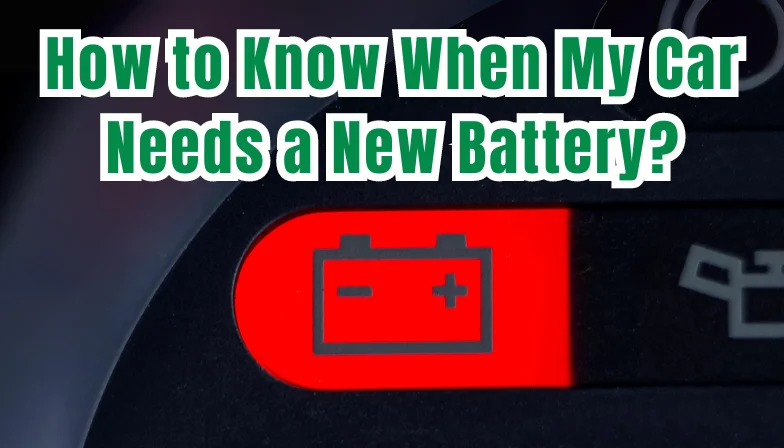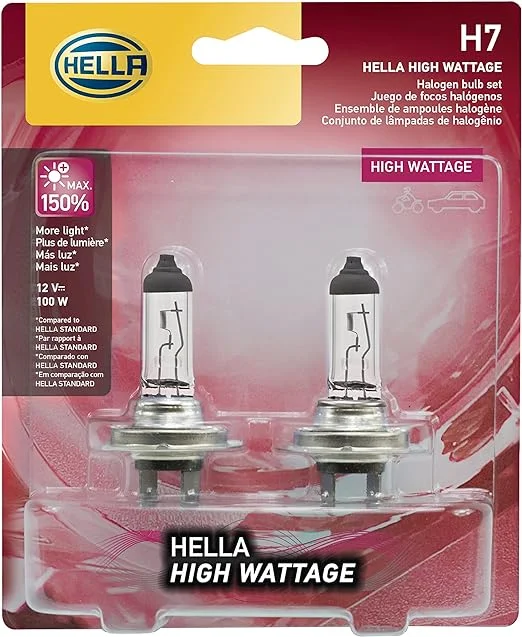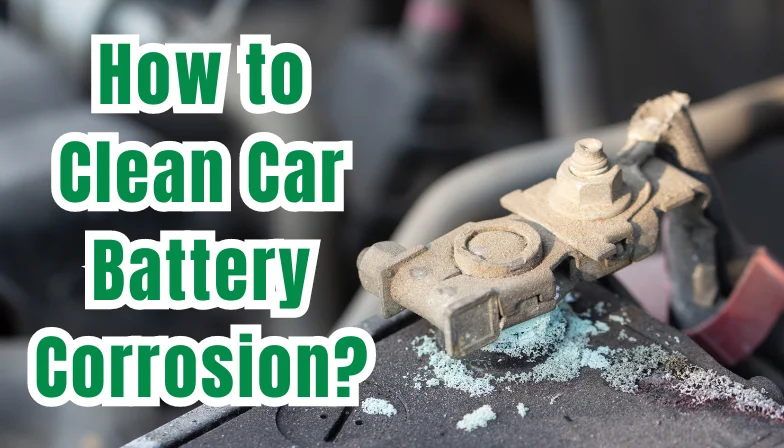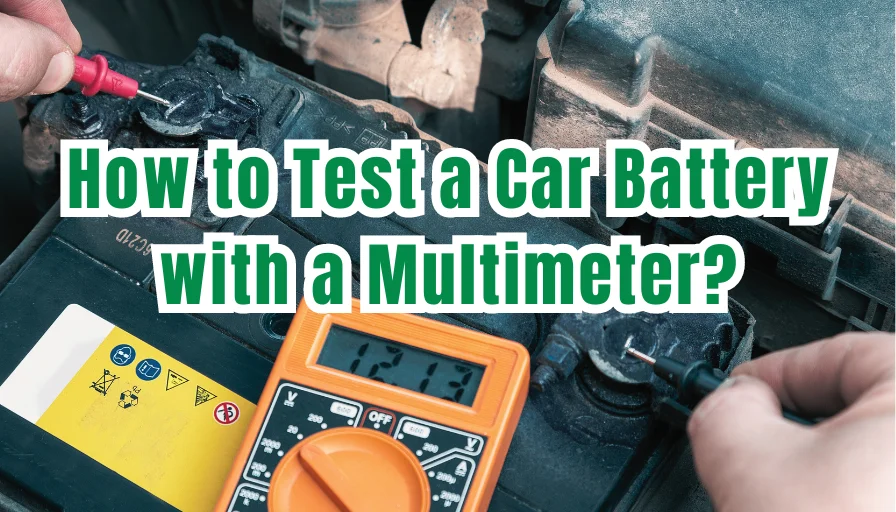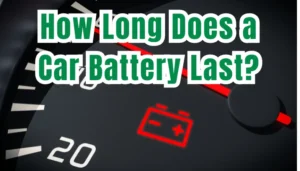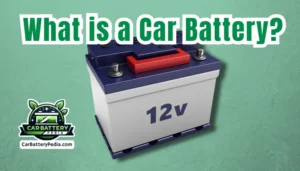Table of Contents
Understanding when to replace your car’s battery is crucial to avoid unexpected breakdowns. Batteries are key components in our vehicles, powering everything from the ignition to the electronics. Knowing the signs of a failing battery can save you from being stranded. This guide delves into the 7 critical signs your car needs a new battery, ensuring your vehicle remains reliable.
Recognizing the Signs Your Car Needs a New Battery
1. Slow Engine Crank
A slow engine crank is one of the signs your car needs a new battery when you turn the key, and the engine takes longer than usual to start. This is often the first sign of a weakening battery. The battery is responsible for powering the starter motor, ignition system, and fuel system when you start the car. A sluggish start usually means the battery is not providing enough power to the starter, indicating it may be nearing the end of its life.
2. Warning Lights

The battery light on the dashboard is specifically designed to alert you to a battery issue or a malfunction within the charging system. It could indicate a failing battery, a problem with the alternator, or other charging system issues. This warning light is your control panel’s direct way of telling you to check the health of your battery and make sure the charging system is working properly. If the battery is not working, many fault lights might come on due to insufficient voltage and current value.
3. Age of the Battery
The lifespan of a car battery is typically between 3 to 5 years, depending on various factors like climate, vehicle type, and how the vehicle is used. If your battery is approaching or has exceeded this timeframe, its performance may significantly diminish, and it may be time for a replacement. Keeping an eye on the age of your battery helps you anticipate when you might need a new one, avoiding sudden failures.
4. Electrical Issues and Dim Lights
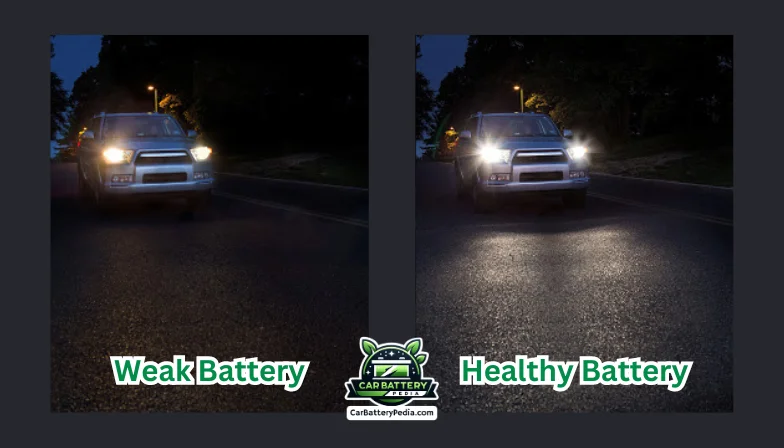
The battery powers all the electrical components in your car, from the dashboard lights to the radio and the air conditioning. When the battery is weak, you might notice that your headlights are dimmer than usual, or your electronic accessories may operate sluggishly. These signs indicate that the battery is unable to supply sufficient power to all of your car’s electrical systems, signalling that it might be time for a new battery.
By the way, if you aren’t satisfied with your dimmed headlight illumination, you MUST BUY this one. I highly recommend it.
5. Swollen Battery Case

A battery case can swell due to excessive heat or freezing temperatures, which can damage the internal components of the battery, reducing its performance and lifespan. If you notice the battery case appears swollen or misshapen, it’s a clear indication that the battery has been compromised and should be replaced to prevent further vehicle issues.
6. Corrosion on Battery Terminals

Corrosion on the battery terminals can interfere with the battery’s ability to charge and provide power to the vehicle. This white/blue, ashy substance can accumulate over time and is a sign of chemical reactions happening within the battery, potentially leading to poor connections and reduced battery life. Regular cleaning of the terminals can help, but if corrosion persists, it might be time to replace the battery.
7. The Car Needs Frequent Jump-Starts
Needing to frequently jump-start your car is a clear sign of a failing battery. While occasional jump-starts may be necessary, especially in colder climates or if a light has been left on, regularly needing a boost to start your car indicates the battery is no longer holding a charge effectively. This not only strains the battery but can also wear on the alternator and other electrical components of your car.
Conclusion
By being vigilant and recognizing the signs your car needs a new battery, you can avoid unexpected troubles and ensure your vehicle remains in top condition. Regular checks and maintenance can extend the life of your battery, but when these signs appear, it’s wise to consult with a professional for a comprehensive battery test or replacement. Proactive maintenance is key to a reliable vehicle, keeping you safe and secure on the road.
By expanding on each sign, we’ve provided a more in-depth look at how to determine when your car needs a new battery, offering practical advice for any car owner.
Please note that this post contains affiliate links. This means if you click on a link and make a purchase, we may receive a small commission at no extra cost to you. Our reviews and recommendations are based on our own opinions and analysis, and we aim to provide you with the most accurate and helpful information to make your decisions. Your support helps us continue to provide valuable content. Thank you for your understanding and support.

